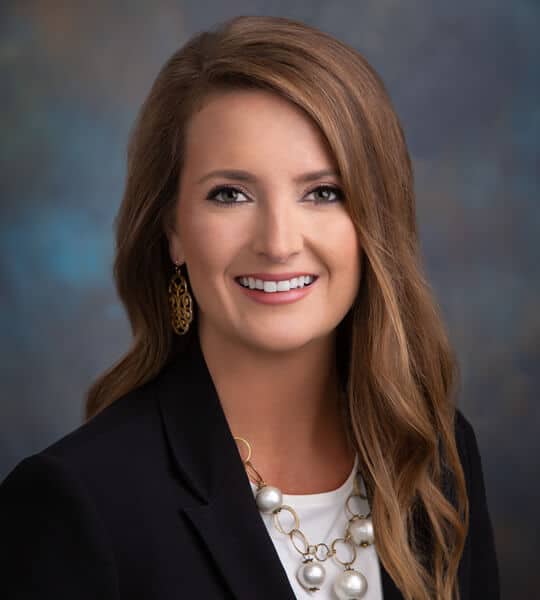Child abuse and neglect is an important societal concern in the United States that affects the health and well-being of the children and families all over the world. A better understanding of the problem can prevent future child abuse and neglect and improve the health and well-being of the children and families involved. While child abuse is most easily recognized when it manifests in the form of physical abuse, child abuse is more than bruises and broken bones. Other forms of abuse, such as neglect and emotional abuse, can leave scars that are just as deep. Learning about the common signs of abuse and what you can do to intervene, can help make a huge difference in the life of a child. The earlier a child can get help, the better chance they have of healing from the abuse and breaking its cycle.
How to Recognize the Signs of Child Abuse
- Behavioral changes. An abused child may display many changes in behavior. Many children may often appear scared, anxious, depressed or withdrawn, and others may even exhibit signs of aggression.
- Unexplained injuries. Visible signs of physical abuse are the most easily recognized. The signs of injuries range from the obvious bruises and broken bones, to potentially even burns, cuts or welts specifically in the shape of objects. When questioned, a child of abuse will often lie about the injuries with unconvincing explanations.
- Fear of going home. A child of abuse may often express anxiety about going home after school or an event. He or she may also express fear or anxiety about going somewhere with the person who is causing the abuse.
- Returning to earlier behaviors. For some children the distress of abuse can manifest in the regression of behavior. This is simply the act of reverting back to things such as wetting the bed, fear of strangers, thumb-sucking, and fear of the dark. For some children, the behavioral regression can even progress to the point of loss of acquired language and/or memory loss.
- Changes in sleeping. Nightmares and night terrors as well as difficulty falling asleep can be common occurrences when child abuse is present. As a result of this struggle, children of child abuse may often appear tired or fatigued.
- Changes in eating habits. Children of abuse are under a great amount of stress, anxiety and fear. As a result, children may involuntarily change their eating habits or suffer from a loss of appetite causing weight loss.
- Changes in school performance and attendance. Abused children may have a difficult time concentrating on their schoolwork or begin to have excessive absences. The absences may be a result of an adult trying to hide the child’s injuries from authorities.
- Lack of personal care and hygiene. The appearance of an abused or neglected child may be disheveled. They may present as consistently dirty and may suffer from body odor. They may also not have sufficient clothing for the weather.
- Risk-taking behaviors. Young people who are being abused may engage in high-risk activities such as using drugs and alcohol or carrying a weapon.
- Inappropriate sexual behaviors. Children who have been sexually abused may exhibit overly sexualized behavior or use explicit sexual language. Children who have been sexually abused may also express interest or knowledge of inappropriate sexual acts.
Not every child will exhibit the same tell-tale signs of abuse as many signs are more obvious than others. Trust your instincts. Any suspicion of abuse is enough reason to contact the authorities.
How to Report Child Abuse
If you suspect a child is being abused, it’s critical to get them the help he or she needs. Reporting child abuse seems so official. Many people are reluctant to get involved in other families’ lives. Understanding some of the myths behind reporting may help put your mind at ease if you need to report child abuse.
- I don’t want to interfere in someone else’s family. The effects of child abuse are lifelong, affecting future relationships, self-esteem, and sadly putting even more children at risk of abuse as the cycle continues. Help break the cycle of child abuse.
- What if I break up someone’s home? The priority in child protective services is keeping children in the home. A child abuse report does not mean a child is automatically removed from the home—unless the child is clearly in danger. Support such as parenting classes, anger management or other resources may be offered first to parents if safe for the child.
- They will know it was me who called. Reporting is anonymous. In most places, you do not have to give your name when you report child abuse. The child abuser cannot find out who made the report of child abuse.
- It won’t make a difference what I have to say. If you have a gut feeling that something is wrong, it is better to be safe than sorry. Even if you don’t see the whole picture, others may have noticed as well, and a pattern can help identify child abuse that might have otherwise slipped through the cracks.
Georgia Division of Family and Children Services: https://dfcs.dhs.georgia.gov/contact-information-2
CHILD PROTECTIVE SERVICES REPORTS:
24/7 Hotline: 1-855-422-4453
FAX: 1-229-317-9663
E-MAIL: cpsintake@dhs.ga.gov


